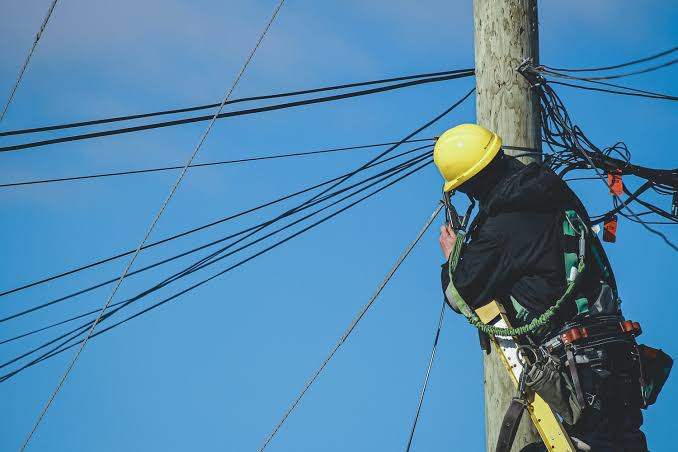The 240% hike in electricity tariff payable by power consumers in the band ‘A’ category has led to a nationwide outcry.
As a matter of fact, many people are calling for the reversal of the policy.

To many, this increase is yet another proof that the government doesn’t really care. Sadly, it is coming at a time when Nigerians are suffering like never before.
However, like the saying goes, “when the going gets tough, only the tough gets going”.
Some states have decided that its citizens cannot be allowed to suffer the effect of this increase.
These states are planning to generate and transmit power within their boundaries.
A Call For Reform
President Bola Tinubu had signed the new Electricity Act into law in June 2023 following calls from Nigerians to reform the power sector and remove it from the federal government’s exclusive list.
Many Nigerians believe this would help find a lasting solution to the country’s electricity problems.
This is because the new law replaced the 2005 Electricity and Power Sector Reform Act.
Moreover, it promotes investments from the private sector.
Now, at least, 12 of the 36 states in Nigeria are set to have their own independent electricity regulatory commissions, following the enactment of the 2023 Electricity Act.
Some of the states ready to key into the development are listed below:
Ekiti State
The Commissioner for Information, Taiwo Olatunbosun, revealed that electricity had been generated.
This electricity would be transmitted through the Independent Power Project (IPP).
Olatunbosun stated that the state was keen on making Ekiti a place for investors, uplifting people’s social lives and promoting their businesses.
This will be achieved by continuing to provide strategic intervention in electricity and other infrastructural development.
Lagos State
The state Commissioner for Information and Strategy, Gbenga Omotosho, said on Thursday, April 4, that Lagos had been championing independent electricity supply since the passing of its Electricity Act.
Omotosho said the state began to generate power when President Bola Tinubu was governor.
He added that the state experienced some constraints then but did not give up on its mission.
Benue State
The state has disclosed that efforts were ongoing to establish its power-generating firm.
The state’s Commissioner for Power and Transport, Omale Omale, made the disclosure on Thursday, April 4.
He noted that the government had begun its transmission programme and policy in the electricity sector.
According to the commissioner, the government had begun a legal framework for the electricity law.
basically, the government believes this will help articulate modalities for the power sector in the state.
Nasarawa State
The state government said it partnered with the Nigeria Off-Grid Market Acceleration Programme.
The aim was to develop and implement energy projects that would enhance and sustain the electricity supply.
The Managing Director of the state’s Investment and Development Agency (IDA), Ibrahim Abdullahi, explained something.
He explained that the partnership was a step toward making the state’s vision of becoming one of Nigeria’s top three economically competitive states a reality.
Kano State
Also, Kano has expressed readiness to generate power for people and companies. These projects are almost complete.
According to the state’s Director General of Media and Publicity, Sanusi Tofa, the government had begun the two independent power projects in Challawa Goje Tiga 10 years ago.
It started during the second term of former governor Rabiu Kwankwaso.
Also Read: Electricity Tariff Hike: 5 Easy Steps To Know Your Feeder Band
Tofa added that the projects were 90% completed.
He said that $40m was deposited in the company’s account to complete and take off the projects quickly.
Other states that have expressed their readiness are, Kebbi, Osun, Ondo, Zamfara, Sokoto, Oyo, Edo, Kaduna, and Enugu.
They are hopeful that their initiatives will reduce the effect of the hike in electricity tariff.